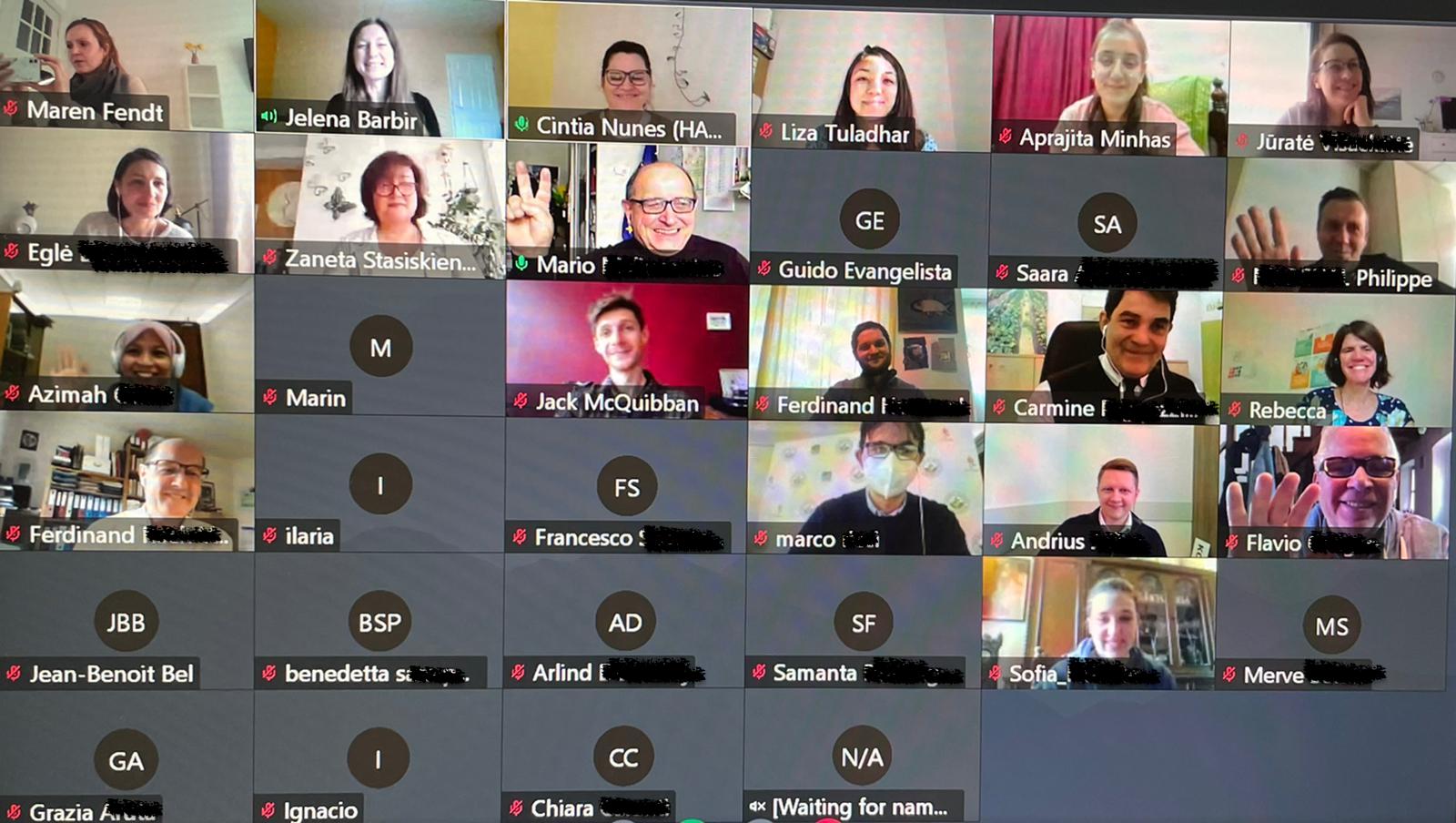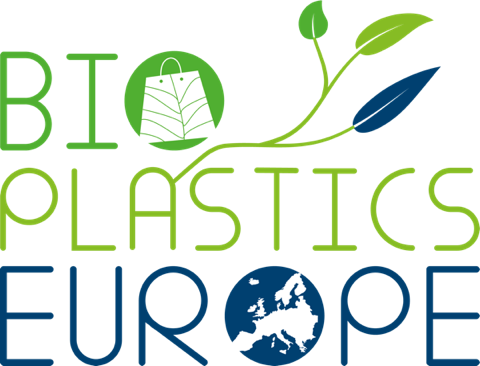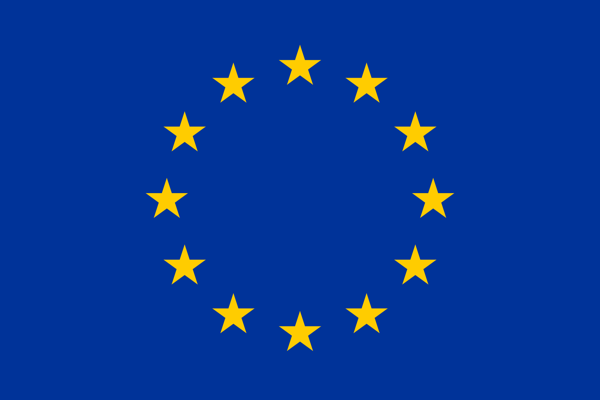Recap: HISCAP event “Plastic Waste management in European Cities - Key Role of Associations and NGOs”
The 3rd HISCAP ONLINE EVENT “Plastic Waste management in European Cities - Key Role of Associations and NGOs” took place on 20.04.2021. Here are the main take-home messages of our speakers!

Historic cities are especially vulnerable to the plastic pollution due to their aged infrastructure and pressures of tourism. In 2021, HISCAP network is working to assist in the reduction of plastic waste in Europe by promoting successful initiatives and good practices.
The event started with the Keynote speech “Plastic waste management in European cities: challenges and possibilities” by Prof. Zaneta Stasiskiene, Director of the Institute of Environmental Engineering Kaunas University of Technology (KUT). She highlighted that cities are powerful actors with the collective capacity to bend the plastic curve, and that great solutions lie with not only recycling, but especially with product and material reuse. As new reuse technologies are developed and information reaches consumers, product reuse should increase exponentially, contributing to fighting against plastic waste.
Next, Rebecca Prince-Ruiz presented Plastic Free July®, a global movement that she founded to help millions of people be part of the solution to plastic pollution. Now in its 11th year, the campaign has helped an estimated 326 million participants in 177 countries reduce single-use plastic. Her presentation showed how we can make a massive impact by working together to solve global issues.
Dr. Barbir then talked about the purpose of the HISCAP network: to gather and share knowledge with municipalities to make it easier for them to cope with the problem of plastic waste. The cities which become members of the network then can enjoy various benefits, such as free participation in events, knowledge transfer, access to the latest research, and a chance to showcase their own best practices.
Following the agenda, Jean-Benoit Bel, senior project managet at ACR+, presented the 25-year experience of his organisation, which is an international network of cities and regions which promotes sustainable resource management. During his presentation, titled “Plastic Waste Management in European Cities: Role and perspective of local authorities”, he pointed out that plastic packaging waste is generated at higher levels in highly touristic areas, with lower capture rate than other types of packaging. The performance of source-separation and co-mingling systems is similar, and the best performance is attained with door-to-door collection. Recycling limits the impact of plastics on the environment, but this is not enough to decrease our carbon footprint – therefore, we need to find other solutions to become more sustainable.
Lastly, Jack McQuibban, Programme Coordinator at Zero Waste Europe (ZWE), presented the topic “Local systems designed to prevent plastic waste”. He drew on experiences from Liubjana and Treviso Region to speak about the concept of Zero Waste Cities. He highlighted the importance of prioritising organic waste, collecting it separately and effectively. This would improve options for composting. For that, community support and engagement is necessary. A big impact can be achieved by encouraging people not to produce organic waste: prevention of plastic waste is the priority!
After those very informative presentations, questions and comments from the audience were addressed.
The importance of increasing awareness of the general population on the different types of materials on the market and informing them on the difference between biodegradability and compostability. Bio-based plastics are therefore seen as one part of the many actions which are needed to decrease the consumption of non-renewable resources. Reusability is key for implementing sustainable solutions, in order to keep plastics longer in the loop of the circular waste system. For that, it is necessary to make responsibilities clear – for producers, sellers and consumers. Comments were also made on the effectiveness of the ban on plastic bags which has taken place in many cities around the world and the importance of strong regulations to change citizens’ behavior.
After a very dynamic and lively debate, the event was ended. The date of the next HISCAP event was announced: 12.10.2021 (10h00 to 12h00 CET), focusing on “Plastic Waste Management of European Coastal Cities”.
Keep in touch:


